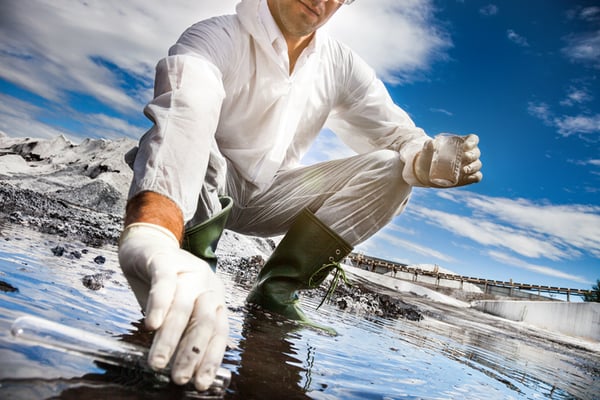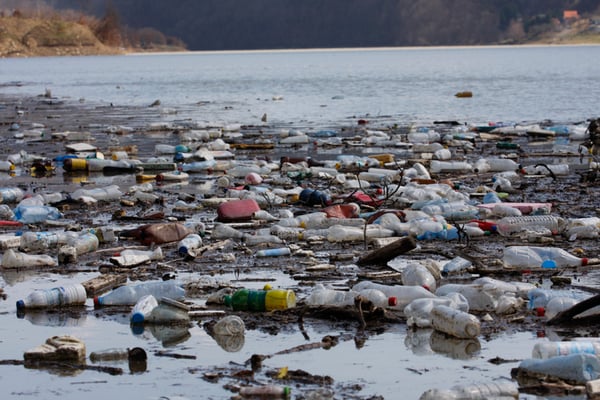Contaminated Water Kills
According to the World Health Organization, at least two billion people use a drinking water source that is contaminated, contributing to more than 840,000 deaths each year. Of those 840,000 deaths, 361,000 are children under the age of five. By 2025, half of the world’s population will be living in water-stressed areas.

Why is water pollution occurring?
There are many different causes of water pollution, but they all relate to humans. Activities like mining for energy sources, using pesticides and fertilizers, municipal and industrial waste discharge, and wastewater that comes from our homes have led to water contamination.
What types of diseases does contaminated water transmit?
Contaminated water transmits illnesses such as cholera, dysentery, typhoid, and polio, to name a few. Schistosomiasis is an acute and chronic disease caused by parasitic worms contracted through exposure to infested water. Heavy metals such as arsenic and mercury in our water supply can cause health issues from cancer to hormone disruption to altered brain function.
One of the biggest water problems in the United States today, according to the Environmental Protection Agency (EPA), is nutrient pollution. Excess nitrogen and phosphorus in the water can cause algae to grow faster than ecosystems can handle. Some of these algal blooms can be extremely harmful to humans, leading to health issues such as:
- - Rashes
- - Stomach or liver illness
- - Respiratory problems
- - Neurological effects

What can we do to protect our water supply?
We are all accountable for the contamination of our planet’s water, but there are many ways we can help.
- - Reduce our plastic consumption
- - Properly dispose of chemical cleaners, oils, and non-biodegradable items (do not dump them down the drain!)
- - Pick up our pet waste and avoid walking our pets by streams and other waterways
- - Choose phosphate-free detergents and soaps
- - Reduce our runs of the dishwasher and laundry
- - Choose products like low-flow showerheads and reduced-flow toilet flushing equipment
- - Don’t let faucets run unnecessarily
- - Reduce the amount of time we drive by carpooling, minimizing trips, biking or walking, or using public transportation
- - Maintain our cars, so they don’t leak oil, antifreeze, and coolant
- - Minimize our use of lawn fertilizers and don’t apply them before windy or rainy days
- - Don’t overwater our lawns and gardens
- - Use a rain barrel to collect rainwater for chores such as watering plants or washing cars
Beyond illness and disease, the effects of water contamination are incredibly costly. Cleaning polluted water bodies and losses in industries like tourism and commercial fishing can have a far-reaching economic impact.
Less than one percent of the world’s fresh water is readily accessible to humans, even though some 72 percent of the Earth is covered in water. So, fresh, clean, safe drinking water is nothing any of us can afford to take for granted.





